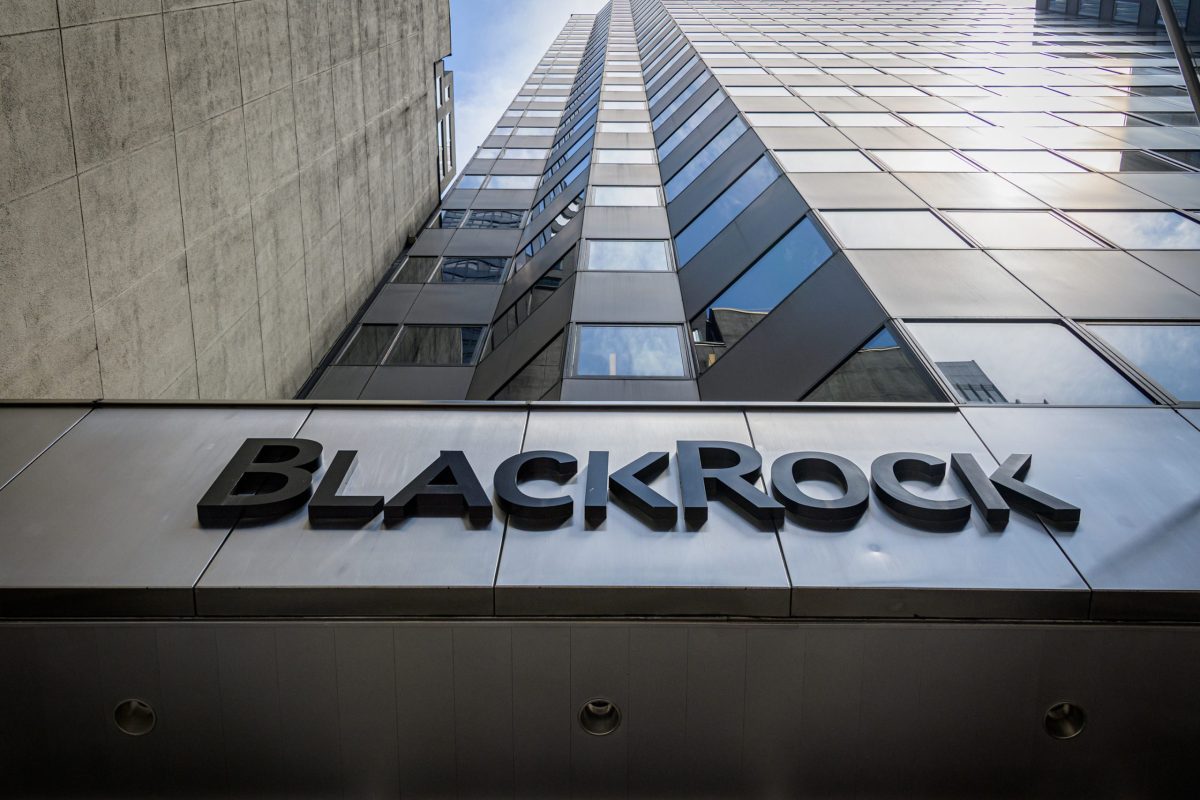BlackRock’s Bitcoin Trust Faces Outflows, While Other Bitcoin ETFs See Inflows
10.09.2024 16:00 1 min. read Alexander Stefanov
On September 9, BlackRock’s iShares Bitcoin Trust (IBIT) experienced $9 million in net outflows, marking its third consecutive day of withdrawals since its debut in January.
However, net flows into US spot Bitcoin ETFs saw a positive reversal, ending an eight-day streak of outflows, per recent data.
The IBIT outflow on Monday followed a similar withdrawal on August 29 and a short period of no activity in early September. Despite this, the fund has generally seen steady inflows, amassing nearly $21 billion and holding over 350,000 Bitcoin. The first significant outflow occurred on May 1, when $37 million was withdrawn.
On the same day, the Fidelity Wise Origin Bitcoin Fund (FBTC) attracted over $28 million, bringing its total net inflows to nearly $9.5 billion after eight months. Additionally, the Bitwise Bitcoin ETF (BITB) garnered $22 million, and the ARK 21Shares Bitcoin ETF (ARKB) saw about $7 million in net capital, with the Invesco Galaxy Bitcoin ETF (BTCO) gaining around $3 million.
Conversely, the Grayscale Bitcoin Trust (GBTC) lost nearly $23 million on Monday, continuing a trend of asset reduction. Since converting to an ETF, GBTC has seen $20 billion in outflows, shrinking its assets from over 620,000 Bitcoin to roughly 222,700 Bitcoin, a 60% decrease.
Overall, US spot Bitcoin ETFs recorded over $28 million in net inflows on Monday.
-
1
Brazil Sees First Public Company Embrace Bitcoin Treasury Strategy
17.05.2025 12:00 2 min. read -
2
New Proposal Aims to Replace Satoshis with Simplified Bitcoin Unit System
20.05.2025 13:00 2 min. read -
3
Ukraine Allegedly Eyes Bitcoin Reserves in Bold Crypto Policy Shift
15.05.2025 18:00 2 min. read -
4
Bitcoin Will Hit $1 Million Within 3 Years, According to BitMEX Founder
16.05.2025 16:00 1 min. read -
5
Analysts Warn Bitcoin Is Easier to Attack Than Ethereum
18.05.2025 14:00 2 min. read
Are We Witnessing the Final Bitcoin Cycle as We Know It?
Swan, a Bitcoin-focused financial firm, has issued a striking market update suggesting that the current BTC cycle isn’t just another repeat of the past—it might be the last of its kind.
Ross Ulbricht Receives $31M in BTC — Who Sent It, and Why Now?
Ross Ulbricht, founder of the infamous Silk Road marketplace, is back in the headlines after receiving a mysterious transfer of 300 BTC—valued at roughly $31 million.
Bitcoin at Risk of Deeper Pullback as Momentum Stalls, Analyst Says
Bitcoin could be heading for a notable dip if it fails to stay above a key price zone, according to market watcher DonAlt.
Over 7 Million Bitcoins May Be Lost Forever, Study Finds
A new report from Cane Island reveals a startling truth about Bitcoin’s supply: by late 2025, over 7 million BTC could be permanently lost—more than one-third of all coins ever mined.
-
1
Brazil Sees First Public Company Embrace Bitcoin Treasury Strategy
17.05.2025 12:00 2 min. read -
2
New Proposal Aims to Replace Satoshis with Simplified Bitcoin Unit System
20.05.2025 13:00 2 min. read -
3
Ukraine Allegedly Eyes Bitcoin Reserves in Bold Crypto Policy Shift
15.05.2025 18:00 2 min. read -
4
Bitcoin Will Hit $1 Million Within 3 Years, According to BitMEX Founder
16.05.2025 16:00 1 min. read -
5
Analysts Warn Bitcoin Is Easier to Attack Than Ethereum
18.05.2025 14:00 2 min. read


